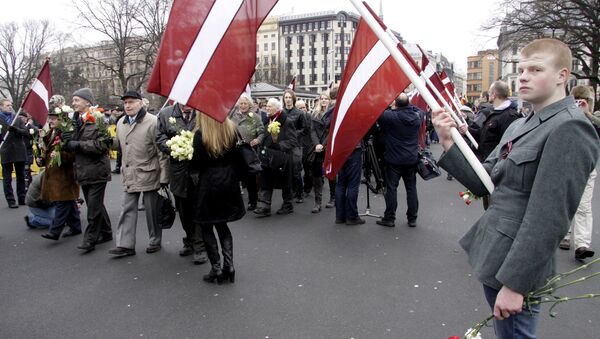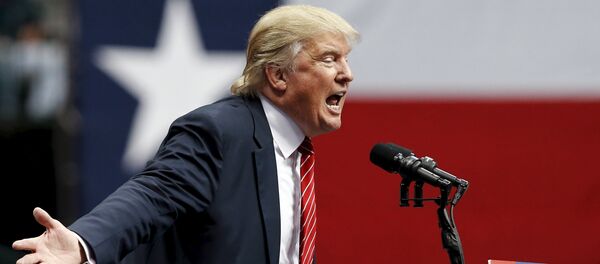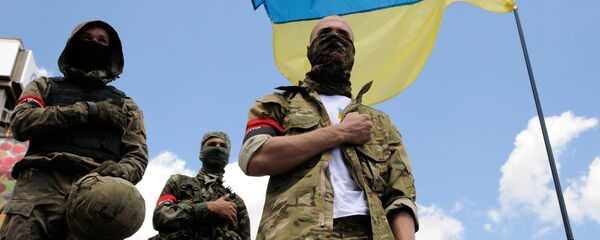The march is part of commemorations for Latvian Legion Day, an unofficial holiday honoring those who fought in the anti-Soviet Latvian SS Legion. The disturbing occasion, celebrating the genocidal terror of the Nazis throughout Europe, has become a national event thanks to the rise of far-right and neo-Nazi sentiments in the Eastern European country.
Several lawmakers in the Latvian Parliament are members of the ultra-nationalist All for Latvia Party, and will march in the event, showing their support for mass killings of Jews in Latvia and the rest of Europe during World War II. The Nazi supporters argue that Latvians saw the alignment with Germany as a fight for independence against the Soviets.
Dr. Efrain Zuroff, the head of the Simon Wiesenthal Center’s Jerusalem office, isn’t buying the "independence" theory that Nazi sympathizers hide behind.
"Wednesday’s march of SS veterans is another example of the systematic efforts of post-Communist eastern European countries to rewrite the narrative of World War II and the Holocaust," he told the Baltic Course.
Zuroff calls reports that parliamentarians are participating and sanctioning the event "an outrage," adding that, "It is incomprehensible how people who fought for the victory of Nazi Germany, the most genocidal regime in human history, can be honored in a country which is a member in good standing of both the European Union and NATO."
Latvia has a particularly dark Holocaust history, with entire Jewish populations in the country killed. Zuroff estimates that 67,000 out of 70,000 Latvian Jews, some 96%, were killed by Latvian SS during the Holocaust. This number compares unfavorably to Nazi Germany, where most historians estimate the genocide led to the deaths of some 60% of German Jews.





